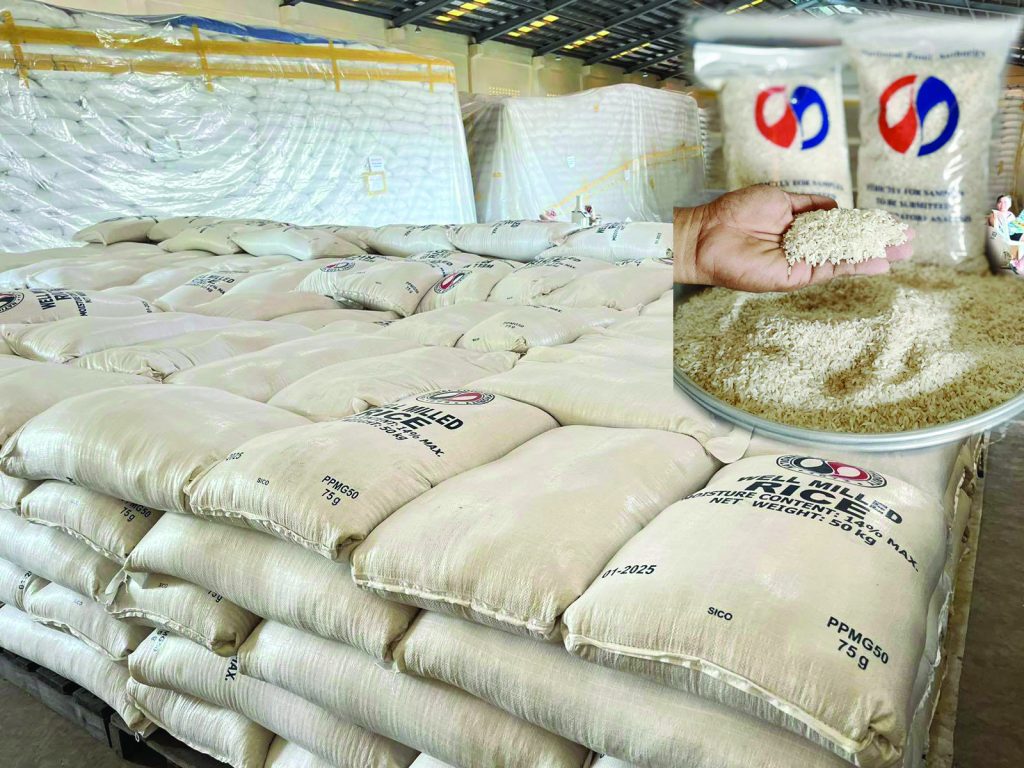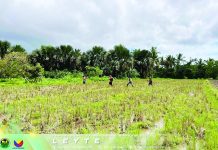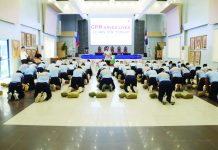Implementation defer after May 12 polls

TACLOBAN CITY – The Department of Agriculture (DA) and the National Food Authority (NFA) in the region are still awaiting official guidelines for the implementation of the highly anticipated P20-per-kilo rice program in Eastern Visayas.
NFA-8 Regional Manager May Sara Sabarre said that they are set to meet with LGU officials to finalize the details of the program, including the specific amount of rice each locality will need.
The NFA’s role in the program is to supply the rice, while the distribution and sale of rice will be handled by LGUs and the Food Terminal Incorporated (FTI).
Sabarre highlighted that NFA has been instructed to mill all available rice in its warehouse in preparation for the program’s rollout.
Currently, the NFA in Eastern Visayas holds more than 165,000 bags of rice, although the milling equipment can process only 800 bags per day.
To help meet demand, neighboring regions, including Caraga and Bicol, have committed to sending additional rice supplies, with an initial allocation of 10,000 bags each. Region IV is also expected to contribute, though the exact amount is still to be determined.
Meanwhile, Jason Padul, regional information officer for the DA-8, stressed that the agency is still waiting for official guidelines on how the program will be implemented in the region.
While the DA is prepared to carry out the program once instructions are received, Padul noted that clarity is needed on the specifics of the program’s rollout at the local level. He explained that the NFA will sell rice to FTI, which will then distribute it to LGUs, who will, in turn, sell it to the public.
Padul also pointed out that the DA has no information yet on how the rice will be allocated per province or municipality, as allocations will likely depend on the demand from individual LGUs.
The P20-per-kilo rice program was a centerpiece of President Marcos’ 2022 campaign, designed to bring down rice prices and improve food security across the country.
During a media briefing in Cebu City on April 23, Leyte Governor Carlos Jericho Petilla described the program as a “work in progress,” with local leaders currently drafting their own operational guidelines to tailor the national initiative to local needs.
Petilla emphasized the importance of ensuring the program’s sustainability for it to be effective in the long term.
“Each LGU has its own strategy for implementation. The challenge now is to make the program sustainable,” said Petilla. “This is a commendable program, but it should be sustainable, otherwise, it’s not going to work. What we are trying to do is to make it sustainable.”
The governor further noted that the program presents a good opportunity for the market to adjust and lower rice prices. “The President has given us an avenue for cheaper rice, and hopefully, this will trigger the market to lower the price,” he said.
Meanwhile, Eastern Samar Governor Ben Evardone stated that he would consult with the Commission on Audit and his legal team regarding the allocation of local government funds for the program, especially since its implementation coincides with the upcoming elections.
The P20-per-kilo rice program was officially launched in Cebu on May 1, during the Labor Day celebration.
However, its full implementation was rescheduled after the May 12 elections as announced by Agriculture Sec. Francisco Tiu Laurel, Jr.
ROEL T. AMAZONA, JOEY A. GABIETA



